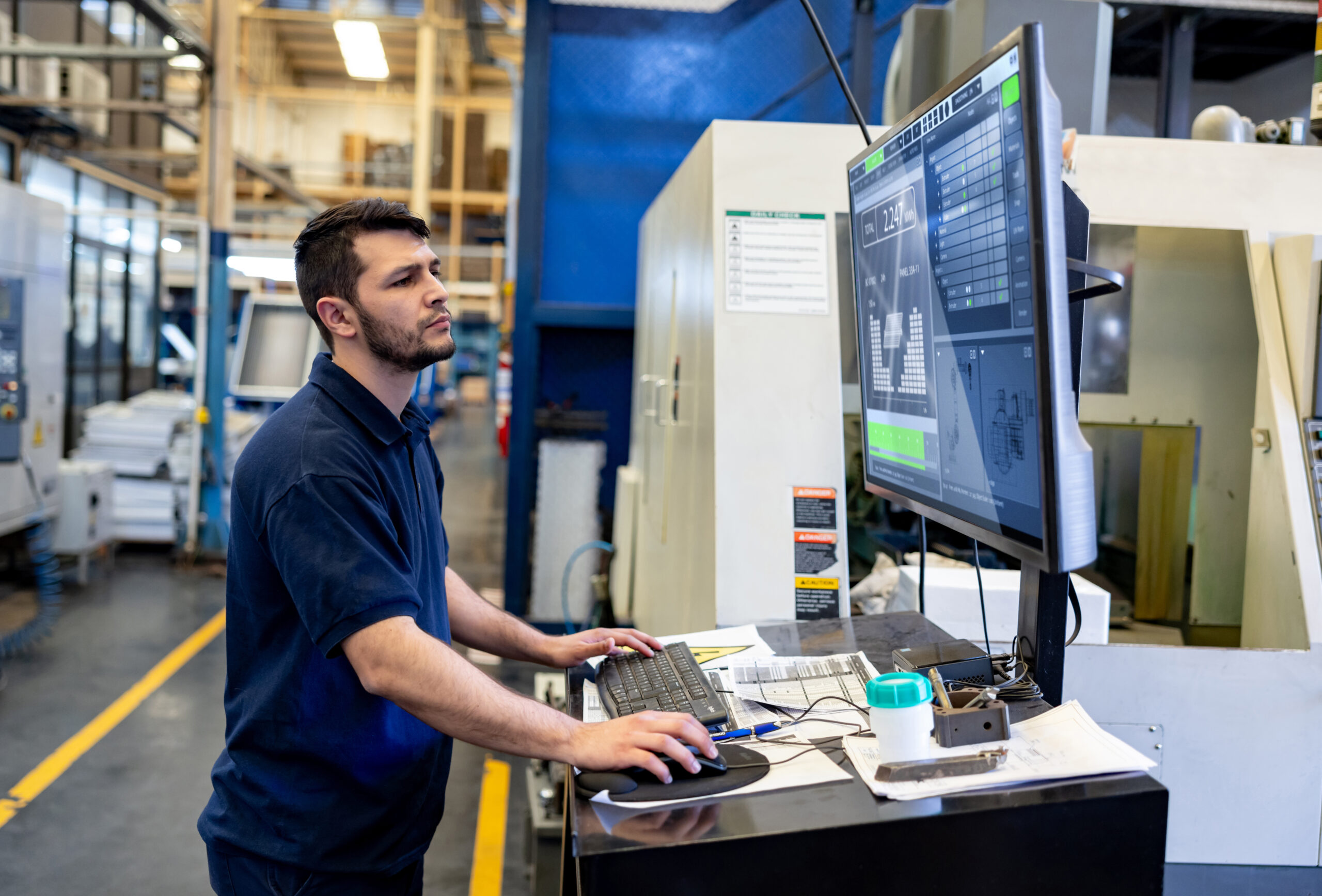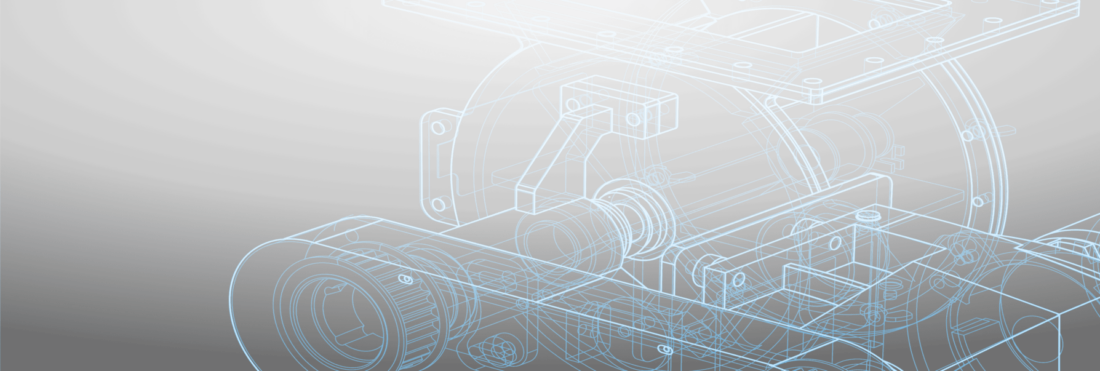
What is the Difference between ERP & CRM Software?
ERP and CRM software are valuable tools that every manufacturer needs. While both will increase the overall profitability of your business, CRM software helps you manage your customers, whereas ERP software helps you streamline all of your business processes across your entire organization.
What is a CRM?
CRM stands for Customer Relationship Management and is software that helps manage how a customer interacts with your business. CRMs are robust tools that keep track of both potential and existing customer information as well as manage all of your sales processes. A CRM system will help increase the profitability of your business by improving sales team performance and increasing your sales volume.
The main focus of a CRM system is to make certain that customer needs are met in a timely and efficient manner. This will ensure that customer satisfaction is maintained at high levels throughout the organization and with every customer interaction, leading to more satisfied customers and increased profits.
CRM software is generally used by the sales, marketing, and customer service departments to do the following tasks:
- Keep track of customers and their order history
- Automate and manage marketing campaigns
- Identify business opportunities and new sales leads
- Manage the sales pipeline
- Streamline sales processes and reduce repetitive work
- Automate customer service
- Facilitate better support for current customers
- Create accurate data reports
- Learn which products sell best and when
Better Sales Performance
A CRM centralizes all of your sales information in one place allowing your sales team to manage all accounts, leads, opportunities, and communications within one system. Well-documented information about a lead or client helps build trust and respect with potential or existing customers, and improves communication—which increases the chances of closing a deal with a new client, or re-upping or upselling to an existing customer.
The bottom line is that a more organized sales team, and a better managed sales pipeline, will lead to increased close rates by your sales team and improved returns for your company.
What is an ERP?
In contrast to CRM software that manages your customer relationships, ERP software will manage all aspects of your manufacturing business. ERPs are integrated systems that connect your entire business, streamline your operations, increase productivity—and lower your overall costs.
At their core, ERPs help companies run successful manufacturing businesses by connecting financial and operational systems into one central database. This allows you to streamline business tasks and processes—as well as share error-free information across your entire organization.
ERPs help manufacturers with their inventory management, scheduling, capacity planning, shop floor control, quotes and estimates, accounting, human resources, production planning, project management, and more.
Simply put, an ERP is the best solution for integrating people, processes, and technologies across a business—the advantages of which are almost endless:
- Connect and integrate all departments within your organization
- Share data between departments to streamline processes
- Standardize critical business procedures
- Reduce inventory costs
- Facilitate better project planning
- Increase throughput by automating processes
- Use accurate data and reports to track progress, productivity, and performance
- Deliver more jobs on time
- Lower purchasing costs
- Eliminate purchasing errors
- Increase user-adoption rates through common user experience and design
- Reduce risk through improved data integrity and financial controls
- Lower operational costs
- Improve accuracy of financial data
- Improve job costing
- Simplify accounting processes
- Manage human resources
ERPs power your business with accurate real-time data and help you to increase efficiencies and improve performance across your organization.
Do I need CRM or ERP, or both?
Nearly all manufacturing companies, from small businesses to large enterprises, need both software systems. At the end of the day, both CRMs and ERPs help you improve your business’s profitability—but they each do it in different ways, and each is essential to your business.
Both types of software streamline and automate your core business processes: A CRM is focused on the sales side of the organization, while an ERP system is integrated and implemented across multiple departments. Each serves its own unique purpose, and each will help you improve efficiencies, lower costs, and increase profitability.
Get a CRM that is integrated with your ERP
The best practice for manufacturers, especially complex custom manufacturers, is to get a CRM that is fully integrated with your ERP.
As a manufacturer, your ERP system will become the backbone of your manufacturing operation. A CRM that connects to—or better yet—is a part of your ERP system will be immensely helpful as it will seamlessly pass information between the two systems.
A connected CRM means you save time by not having to duplicate information between your two systems, and that your sales team has access to price lists, past deals, and your product configurator tool. This makes it easier for them to create quotes—a common challenge for custom manufacturers. A fully integrated CRM system easily allows your sales team to use past deals and other data to make accurate quotes. Plus, if a product is more complex, they can quickly bring your engineering department into the process to develop and refine quotes to meet a customer’s exact needs.
Both ERPs and CRMs are essential tools for your manufacturing business. Investing in the right tools will improve your shop’s performance and overall profitability.
Still not sure you need a CRM? Check out our blog on the top 5 benefits of a CRM for manufacturing companies. Also, be sure to check out Genius CRM, the fully integrated CRM made exclusively for manufacturers selling complex products.
Get your eBook Scared to implement a new ERP?
"*" indicates required fields



